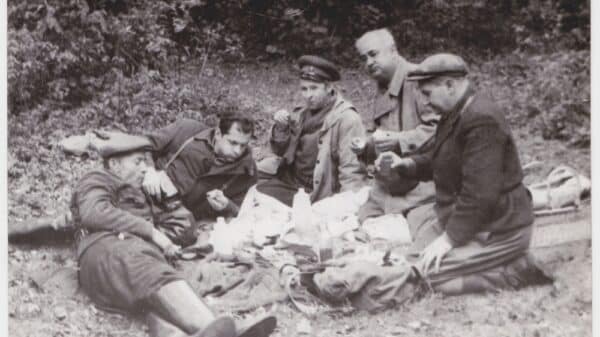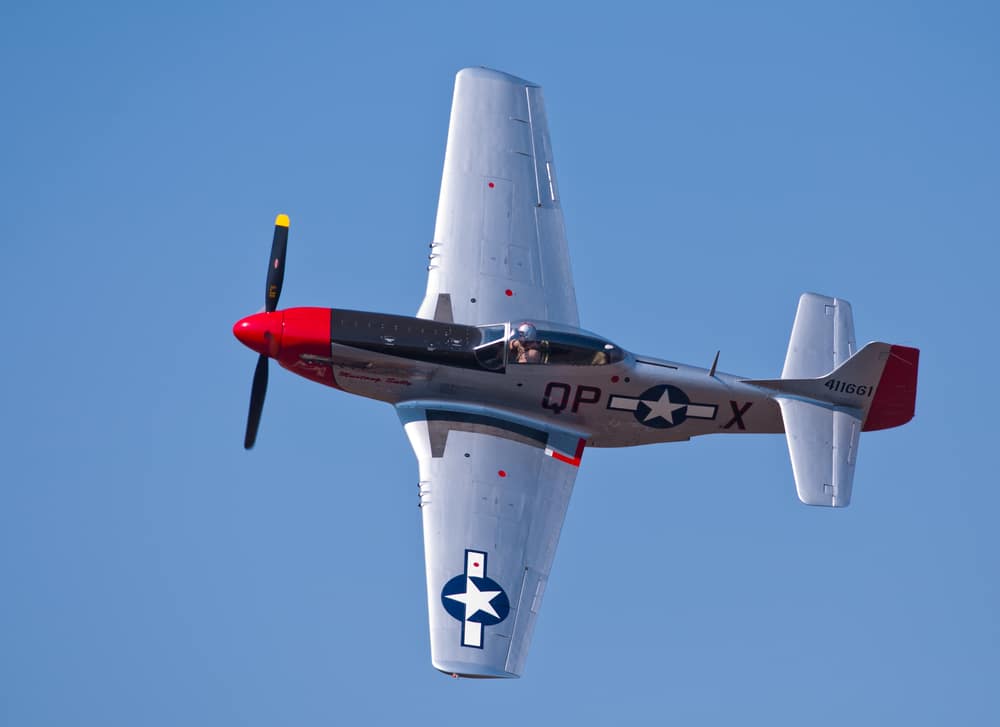When looking into aviation history, few occurrences have stirred up the interest of aviation enthusiasts and the broader public like the MacRobertson Centenary Air Race. This bold and adventurous race, held in 1934, commemorated the centenary of Victoria, Australia.
Extending over 11,300 miles from Mildenhall, England, to Melbourne, Australia, the MacRobertson Air Race displayed the remarkable progress in aviation technology and the unwavering spirit and resolve of the participating aviators. This piece delves into the history, significance, and lasting impact of this iconic race.
Establishing the Scene
The MacRobertson Centenary Air Race was named in honor of Sir Macpherson Robertson, a prosperous Australian confectionery manufacturer and philanthropist who generously financed the event.
Robertson’s intentions were twofold: to celebrate the centenary of Victoria, where he had amassed his wealth, and to advocate for aviation, a passion of his. With a prize purse of £15,000 (equivalent to about £1.2 million today), the race drew teams of aviators globally, eager to demonstrate their abilities.
The Commencement of the Race
On October 20, 1934, the Mildenhall Aerodrome in England hummed with excitement as the race started. A total of 20 participants representing nine countries, such as the United Kingdom, Australia, the United States, and Italy, soared into the skies.
The race regulations were straightforward: fly from Mildenhall to Melbourne as swiftly as feasible, with compulsory stops at specified checkpoints. The racecourse spanned an impressive 11,300 miles, traversing varied and demanding terrain.
Obstacles Conquered
The MacRobertson Air Race was not for the weak-hearted. Aviators encountered numerous challenges during the expedition. They contended with hazardous weather conditions, navigational challenges, engine malfunctions, and fatigue. Prolonged stretches across the vast deserts of the Middle East and Asia tested the endurance of both pilots and aircraft. The race posed as much a trial of human resilience as it did a demonstration of technological prowess.
The Victorious Teams
After close to three weeks of exhausting flying, the Dutch team, led by KLM airline personnel Captain Parmentier and First Officer Moll, emerged triumphant. They finished the race in slightly over 90 hours, establishing a record for several years. The KLM DC-2, known as “Uiver,” displayed the reliability and performance of Dutch aviation technology. The Uiver’s triumph epitomized meticulous planning, navigation, and a bit of providence.
The second-place honor went to the British duo of Charles Scott and Tom Campbell Black, who commanded a De Havilland DH.88 Comet dubbed “Grosvenor House.” Their exceptional piloting skills and their aircraft’s speed captivated onlookers and solidified their position in aviation history.
A Heritage of Ingenuity
The MacRobertson Air Race was a showcase of aviation stamina and a driver for advancement. The race stimulated progress in aircraft design, navigation, and long-distance aviation.
The competition spurred aviation engineers and manufacturers to push technological boundaries, resulting in speedier, more dependable aircraft. These strides ultimately contributed to the evolution of commercial aviation, making long-distance flights more accessible to the general populace.
The Enduring Influence of the Race
The MacRobertson Centenary Air Race left a lasting impact in the realm of aviation. It underscored the potential of long-distance air travel and the significance of efficient aircraft design. Furthermore, it solidified aviation’s role as a universal industry, fostering collaboration and competition among nations to stretch the possibilities in the skies.
The MacRobertson Air Race also played a part in fortifying international aviation regulations and cooperation. The racecourse traversed multiple countries, necessitating coordination among governments and aviation authorities. This experience paved the way for the establishment of international aviation treaties and agreements, which remain pivotal for the aviation sector’s operation today.
Celebrating Human Tenacity
Beyond the technological strides and international collaboration, the MacRobertson Air Race hailed the indomitable spirit of the aviators who participated. These individuals confronted adversity head-on, grappling with exhaustion, inclement weather, and technical glitches to realize their aspiration of reaching Melbourne. Their resolve and valor inspired individuals globally and showcased the potency of human ambition.
A Chronicle of Victory and Misfortune
Although primarily celebrated for its triumphs, the MacRobertson Centenary Air Race also had its share of tragic moments. Several aircraft encountered accidents and mishaps along the way, leading to loss of lives. These incidents served as a poignant reminder of the hazards of early aviation and the risks linked with long-distance racing.
Endnote
The MacRobertson Centenary Air Race 1934 continues to stand out as a legendary event in aviation annals. It honored not only the centenary of Victoria, Australia, but also the remarkable achievements and aspirations of aviators worldwide. The race pushed boundaries in technology, resilience, and international cooperation, leaving an indelible imprint on the aviation sector.
Today, the MacRobertson Air Race symbolizes human resolve and the ceaseless quest for advancement. It serves as a reminder that despite daunting challenges, with the right mix of ambition and innovation, the sky is not a limit – it marks a new beginning.
Image Source: Simon_g / Shutterstock






























